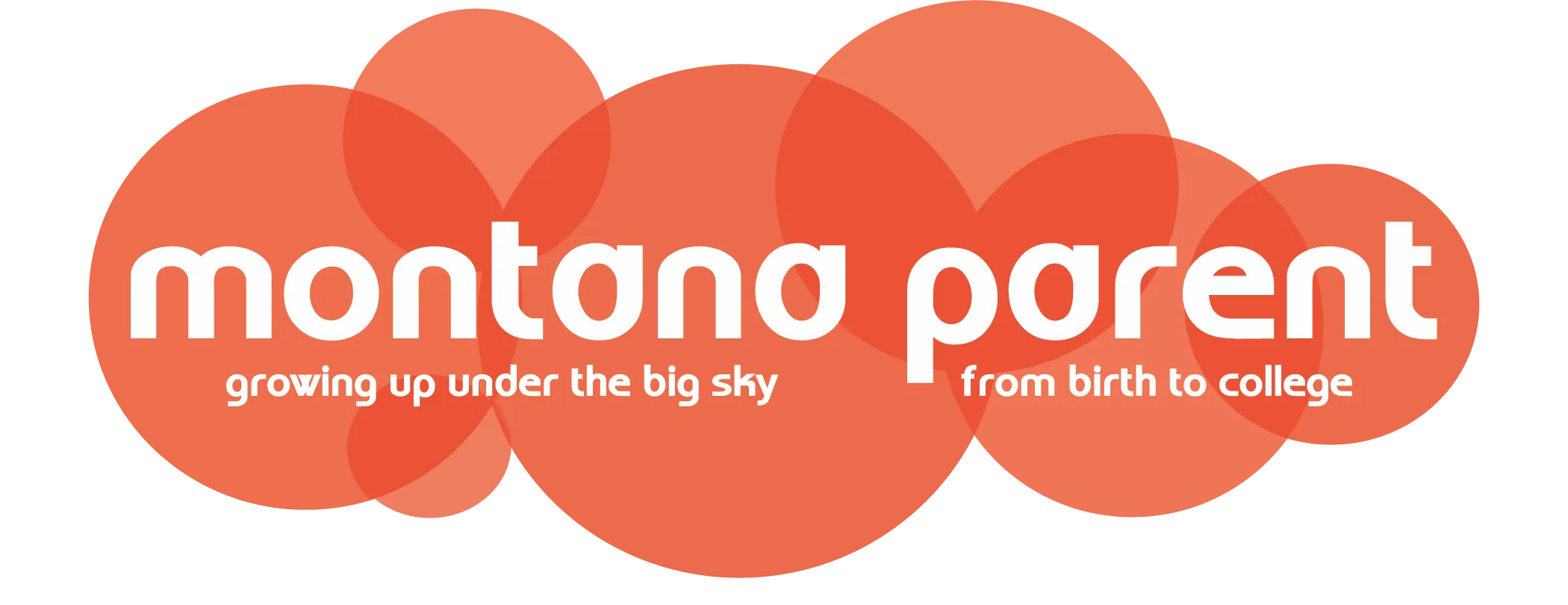Sailing Through Adolescence? by Bozemama
September 28, 2012
Posted By: Shaunescy
So, like a good mama looking for all the help she can get, I trotted off to this lecture given by Maria Trozzi, a nationally recognized consultant to the Child Development Unit at Children’s Hospital in Boston. A mother of two grown women who has worked with the families of Navy SEALS and 9/11 survivors deal with loss, Trozzi probably knows a whole lot more stuff than I do and so I should probably listen to her.
I’m so glad I did, because – in just a few hours – Trozzi helped me see the whole parenting thing in a fresh light and now I'm going to share it with you. Ready?
Trozzi says that we 21st century parents are so crazy hell-bent on raising
high achievers that we are coddling, cocooning and pushing our kids out of
their sense of self. (This is nothing new really -- we all recognize that
unhinged wild-eyed agitation as we spot one another chauffeuring the
kids from activity to activity after school). We are so desperate for
7-year-old Julian to practice his Rachmaninoff after dinner that we
don’t ask him to bus his plate. But this isn’t doing Julian any
favors, because – and this is the gospel according to Trozzi and many
other experts-- the key to being a high-achiever isn’t how many
languages you speak or how you scored on the SATs, it is what she calls,
“a sense of agency.” A sense of agency? What, you ask, the hell
is that? Well, it’s this:
--Being able to manage yourself
--Delaying gratification
--Controlling your impulses
Yikes, I don't know about you, but I'm not certain I can do any one
of those three on a good day (clearly not a high achiever), so isn’t it
a lot to ask of a teenager? Yes, it is. And that’s why we need to start
helping our kids with this yesterday. Trozzi says our job is to act as a
scaffold (thinning, right?). Imagine that you are always about a foot away
from your adolescent, ready to catch them if they need you (never mind that
they weigh over 100 pounds at this point). You are a consultant (who
doesn't get paid). You set parameters and then you stay out of it. This
is so hard, because we don’t want our kids to fail, but it is the only
way to help them become problem solvers. And, unless you want Julian living on
the couch eating your meatloaf and drinking your beer until he's 38, you
want him to become a problem solver. Trozzi says that if you are a problem
solver that means you are emotionally intelligent and can do the following:
--Know what you feel
--Express those feelings safely
--Manage your feelings
--Determine appropriate behavior to express/relay those feelings
Wow. Once again, I could personally use a little help with some of this stuff
(clearly not very emotionally intelligent), because I’m pretty sure
that throwing a hairbrush across the bathroom isn’t a safe way to
express my feelings. OOPS. Maybe this is obvious to you, but Trozzi says that
all feelings are OK (phew), but not all behavior is OK. Since we are supposed
to be models for our kids, I guess I need to remember this when I want to
bitch-slap the next person who gets in the express lane at the market with 73
items.
I hope I haven’t overwhelmed you. And, please don’t be put off
by what you think might be psycho-babble. As I see it, it’s pretty
simple and here’s the takeaway: I don’t need to worry that my
nine-year-old Charlie will be living on disability in a van down by the river
just because he isn’t a black belt in Karate or doing trigonometry. I
can breathe easier knowing that he’ll be OK as long as he can tell me
how he feels and remembers to wipe his butt.














